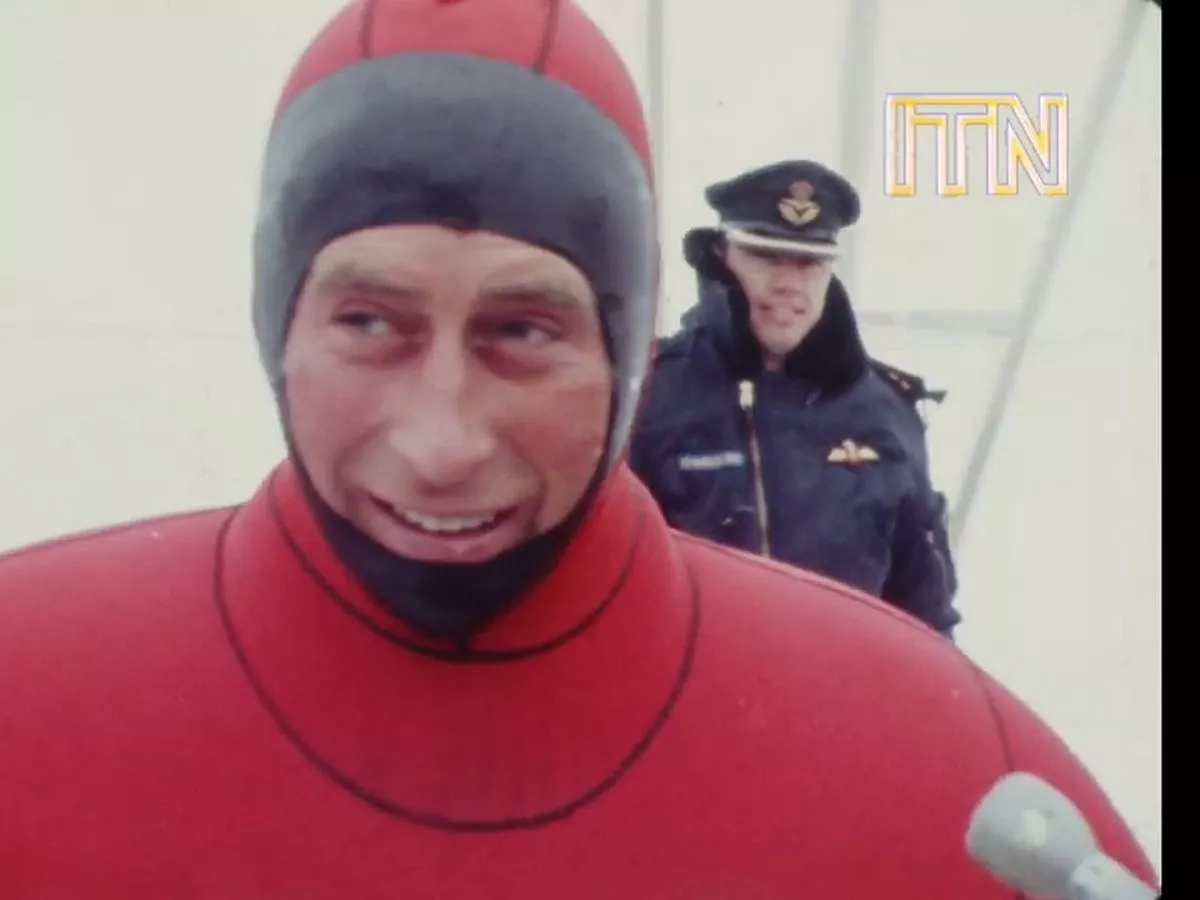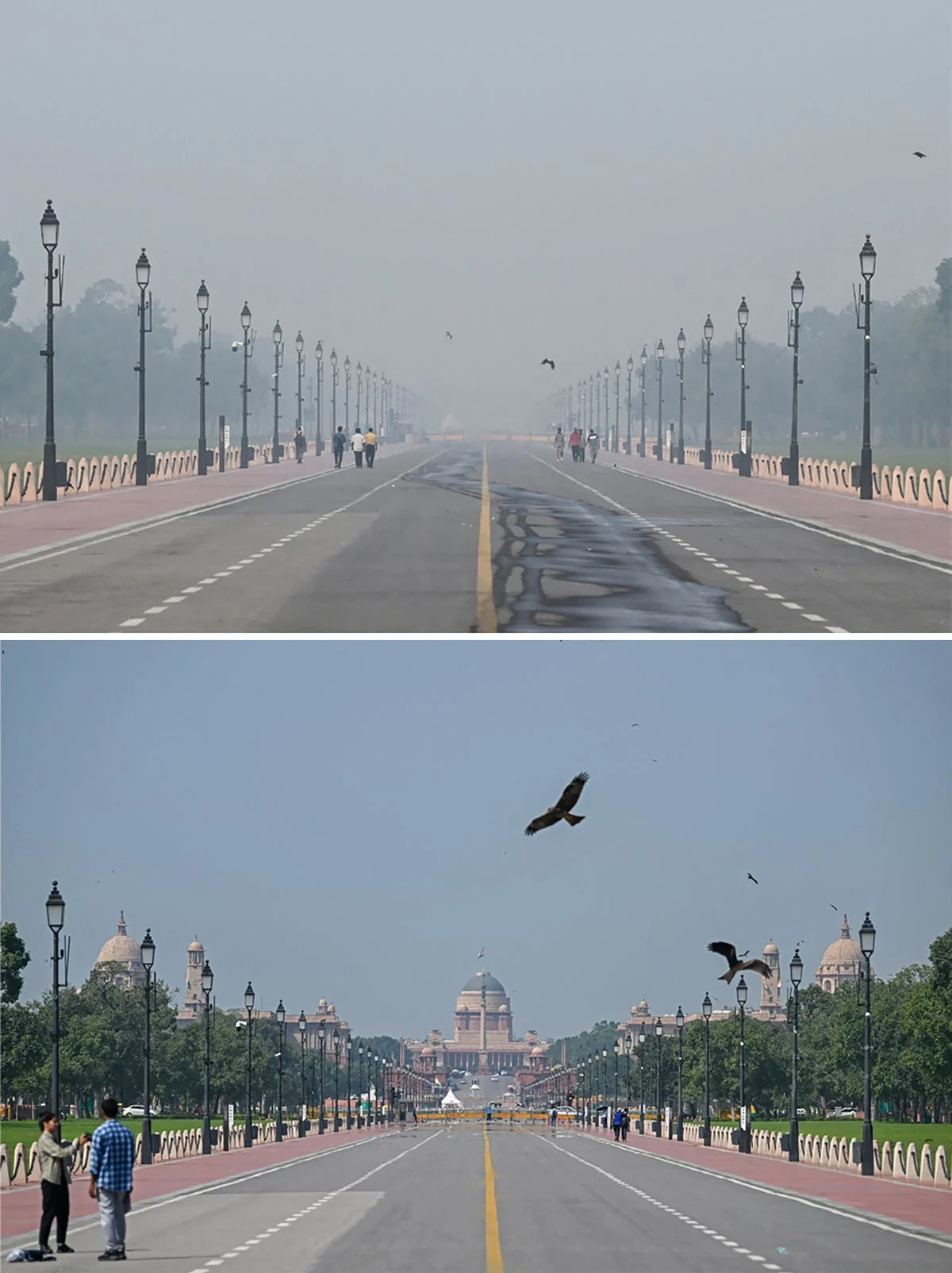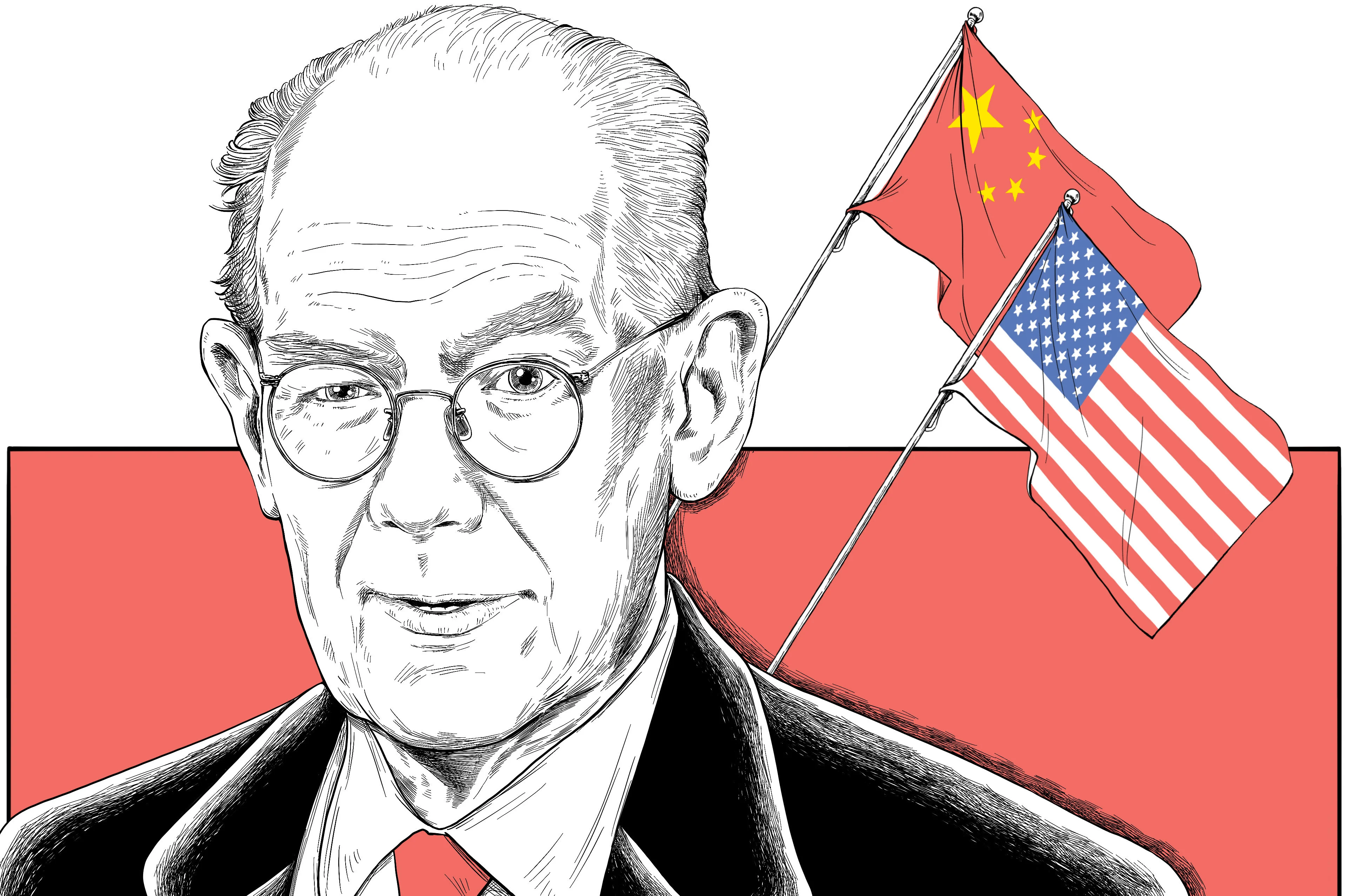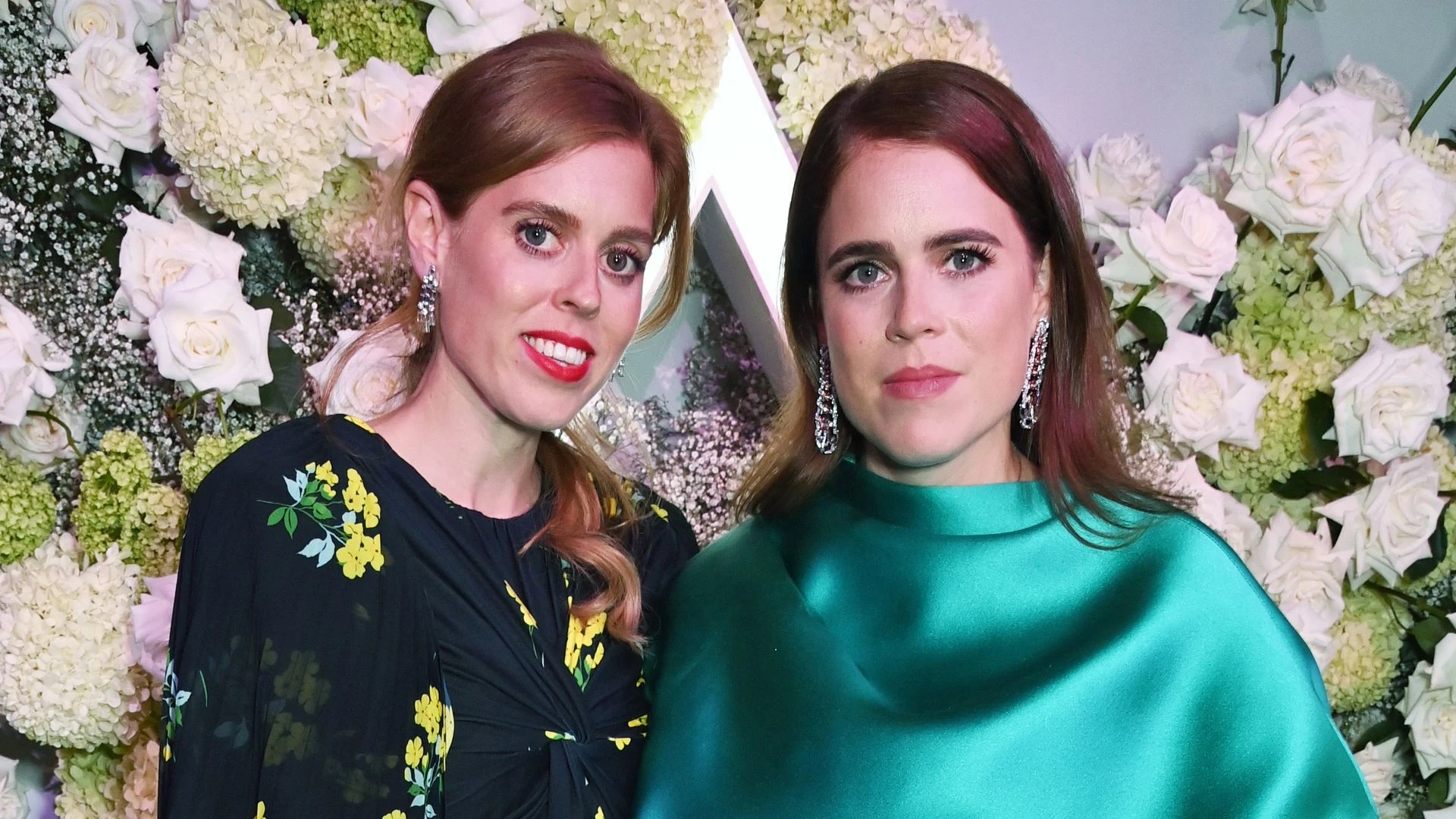Copyright mirror

Floating in eerie blue silence beneath three metres of frozen Arctic Ocean, stayed still for several minutes, transfixed by a cluster of underwater ice stalactites teaming with tiny creatures. Prince Charles, then just 26, had never seen anything quite like it - or been so close to the raw power and fragile beauty of the natural world . With the ever-present press pack and twitchy Royal Protection Officers far away on the surface, the future King seemed lost in quiet revelation, according to Dr Joe MacInnis, the diver who was down there with him 50 years ago. He believes it was a profound moment that helped shape the monarch’s lifelong concern for the planet. Speaking to the Mirror , Joe remembers: “He looked so intensely, like he was trying to understand or absorb what he was seeing. "I realised he was looking with three eyes - two in his head and one in his heart. It seemed like a very profound moment, as if he could already sense how fragile it all was.” Charles’s historic visit to Canada’s Northwest Passage - and his daring Arctic dive beneath the ice in 1975 - is now the focus of an upcoming ITV documentary in which explorer Steve Backshall retraces the royal’s footsteps. Steve Backshall’s Royal Arctic Challenge, which will be part of ITV’s Christmas schedule, promises to show the monarch “as never before” as he recalls the expedition and watches new footage from the same area - now transformed by climate change. Joe, now 88, was already an accomplished diver and explorer in 1975 when he was asked to take the young Prince – then a Royal Navy helicopter pilot – on an Arctic dive. He had already completed hundreds of high-risk dives beneath the ice and, the previous year, became the first scientist to dive under the North Pole. But the prospect of being responsible for the safety of the future King of England filled him with a very different kind of fear. “I was very concerned about what might unfold from a security point of view,” says Joe. “I knew that the Scotland Yard officers and Royal Canadian Mounted Police were not divers, and that as soon as I submerged with him I was completely responsible. “The Arctic Ocean is one of the most hostile places on Earth, and I had already seen what its forces could do to our soft, pink bodies – blunt-force trauma, laryngospasm when the airway suddenly closes, and free-flowing regulators when freezing water makes the mouthpiece gush air uncontrollably. Prince Charles had never dived under the ice before. There were so many things that could go catastrophically wrong.” Joe remembers being impressed when he met the Prince before the dive. “I had a sense that he was different,” he says. “His curiosity was science-based - he wanted technical answers to his questions and was really interested in what he was going to do and see. But his motivation seemed to be British history. He talked a lot about the many Royal Navy ships that had met disaster in the Northwest Passage - like Sir John Franklin’s expedition, when 129 men perished in 1848. I had the sense Charles wanted to understand more about the force of the ice that had crushed them.” Charles’s 11-day royal visit in 1975 saw him landing first in Ottawa and spending three days in Canada’s capital region before travelling north. He took part in dog-sledding, rode a snowmobile and spent time with local Inuit people, even trying raw seal liver when it was offered to him. For the long-awaited dive, the Prince wore a red wetsuit and two high-pressure air cylinders on his back. Joe recalls: “The last thing I remember as I was submerging was the eyes of a Scotland Yard officer looking into mine, silently telling me, ‘If anything happens to this young man, there’ll be trouble.’ He really gave me the hard look. As soon as we dropped down into the water there was no way to communicate, so I was watching the rate of Charles’s breathing - it was slow and calm. He struggled at first to balance his buoyancy, but he didn’t panic, and I realised this was a man who handled pressure gracefully.” After showing him the ice stalactites - delicate brinicles filled with tiny amphipods and crustaceans suspended in miniature worlds of their own – Joe swam deeper with Charles until they found a ridge of ice that had collided with the coast. “The ice had pushed up against the shore and was broken into blocks at sharp angles,” Joe says. “It was bathed in blue light and quite beautiful. He stopped and looked, and could sense the pressures that had created this jumble of twisted ice.” Before they headed back to the surface, Joe decided to inject a little humour, picking up a bowler hat and umbrella he’d planted earlier on the seabed, and tapping the Prince on the shoulder. “My first thought was that he’d think I’d gone mad,” says Joe. “But then I heard this muted sound of laughter under the water. He reached out, took the hat and umbrella, and completely entered into the fun of it.” Images of Charles emerging from the water wearing the bowler hat, then inflating his wetsuit before comically deflating himself, leaving those present roaring with laughter, were beamed around the world . Charles later sent a thank-you note to Joe, but they met again in 1984 when the Prince agreed to record the introduction to a documentary about Joe’s discovery of one of the lost British ships. By then married to Princess Diana , Charles invited Joe and his TV crew to Kensington Palace. “He had to rush off after doing the filming,” Joe recalls, “but as he left he said, ‘Please, help yourself to the liquor in my cabinet.’ We took this as a Royal order, of course. We opened the cabinet and saw this beautiful array of vintage whisky, helped ourselves, and I remember leaving the palace somewhat tipsy. It was another moment when I saw Charles being spontaneous and gracious.” As Joe followed Charles’s life, he came to believe that the experience in the Arctic helped shape the Prince’s passion for protecting the environment and his belief that humanity needs to reconnect with nature. “Many times I’ve watched things he has done and said, and it’s taken me back to seeing him gaze in wonder at what he found under the ice,” he says. “He’s a man who has his pulse on the planet, and he knows what we need to do to fix it. It’s like this North Star in his life, and I find it really moving. “He went to the Arctic as a young man to find out more about history, but he left with the beginnings of his spiritual connection with nature and deep understanding of the planet.” Joe believes the King would be shocked at how the Northwest Passage has changed since he was there. “The ice is forming later and going out sooner,” he says. “Ice is such an important part of that world, but the platform is thinning and shrinking, and the stalactites are smaller and can’t sustain as much life. “The secondary impact is on the animals - the polar bears, ringed seals - and on the people who live along that shore. It’s a different world to when we first went.” He has nothing but praise for the way the man he met as a 26-year-old has acted as King. “I’m very impressed,” he says. “As a Canadian I loved the fact he came to Canada to open our Parliament. He knew what that meant to us, with our rambunctious neighbour to the south. “There’s a sense of moral courage in him that I really admire. He’s taken some unpopular, ahead-of-his-time decisions. And he’s passed on what he’s learned to his children, with his heir, William, just as passionate about the environment.” Joe says he’d love to meet up with the King and reminisce. “It would be fun,” he smiles. “That experience was transformative for me, and it seems to have been for him too. I’d love to sit down with him and talk about that day again, and what it has meant to both of us over the years.” Steve Backshall's Royal Arctic Challenge will be screened on ITV in December as part of the Christmas schedule.



